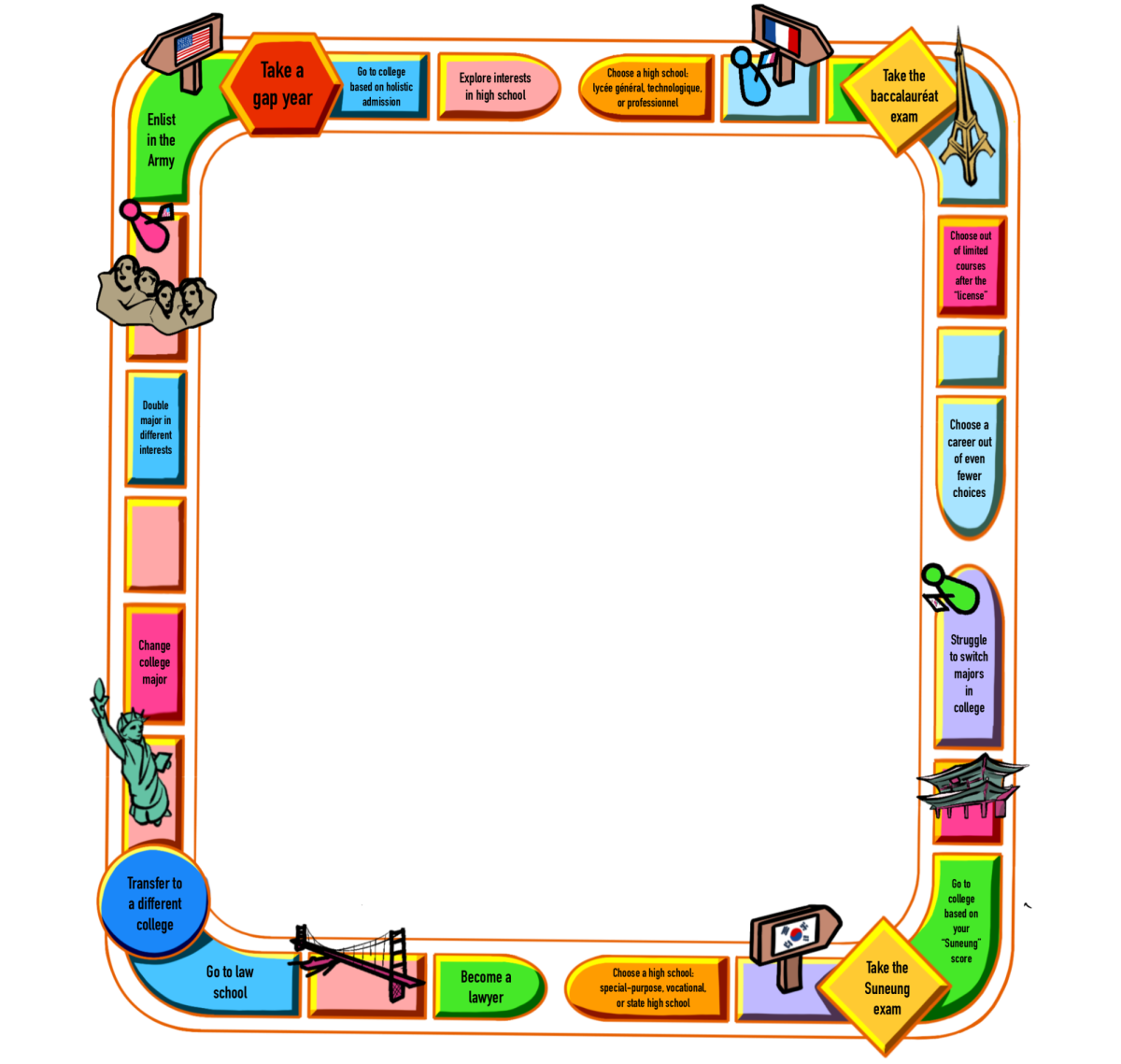By Utkash Dubey:
Graphic by George Hwang:
From tag lines like “I lost 95 pounds on Nutrisystem!” to “So easy, a caveman could do it,” we’ve all been exposed to obviously extreme cases depicted in advertisements. While the Federal Trade Commission (FTC) prohibits false advertising, simple and overlooked loopholes like “results not typical” make it easy for products to look better than they really are. Because of this, thousands and thousands of customers are deceived into purchasing products based on false or misleading information. For obvious reasons, this needs to be toned down.
Companies should set their own ethical boundaries when it comes to persuading consumers to buy into their service or merchandise. They should not need a large government agency, dedicated to that kind of regulation, telling them what is right and what is wrong. Specific to marketing departments, companies should refrain from consciously using outlier examples to represent the reliability or capability of a product or service, because it’s simply not fair for the consumer, nor is it fair for competing companies. In short, honesty is the best policy.

When the terminology “false advertising” is brought up, the FTC uses a loose interpretation that does not specifically define kinds of misinforming or confusing advertising. Simply put, a cheeseburger television ad can look as good as the franchise can make it look, without digitally editing it. Several fast food chains go as far as polishing buns, adding chemicals that make that particular burger inedible, and artificially coloring the food product. In essence, what you see is not at all what you get.
But the real issue is that so many companies already practice exaggerated advertising to the extent that companies can claim that they are simply complying with modern standards other companies have set. Essentially, they are fulfilling precedents that have been previously established. While this does have some sort of credibility to it, some companies find this situation advantageous to their sales.
In fact, Domino’s Pizza has a new marketing strategy that revolves around revealing how exaggerated and unethical other advertisements are. In December of 2009, the pizza franchise introduced their new slogan, “Oh Yes We Did,” as a part of their ad-campaign called “Pizza Turnaround.” They aimed to address criticisms of the quality of their pizza, and the results could not have been much better.
Domino’s Pizza stopped the largely exaggerated and fake advertisements they originally had, and went back to revamping their product to meet higher standards. The bold move did more than pay off; the company witnessed incredible and unparalleled growth, at 486 percent since the start of the “honesty-campaign.”
Overall, companies should be learning from the bold moves Domino’s Pizza has made, and that when it comes to advertiments, honesty really is the best policy.











